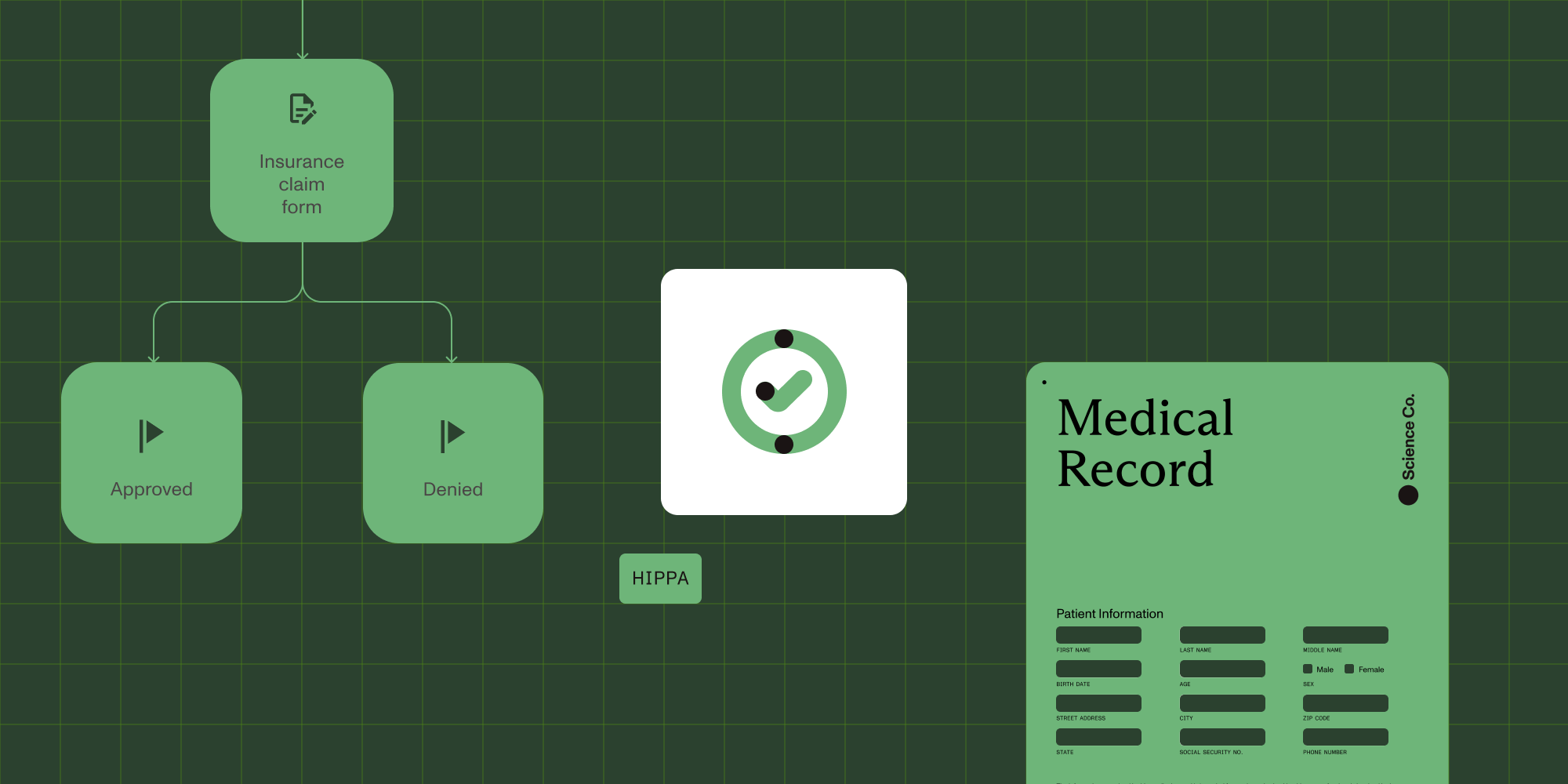
Boost efficiency, reduce operational costs, and improve patient care with workflow automation.
USE CASES
Streamline clinical and operational workflows with tools that reduce manual steps, improve compliance, and enhance patient-facing processes.
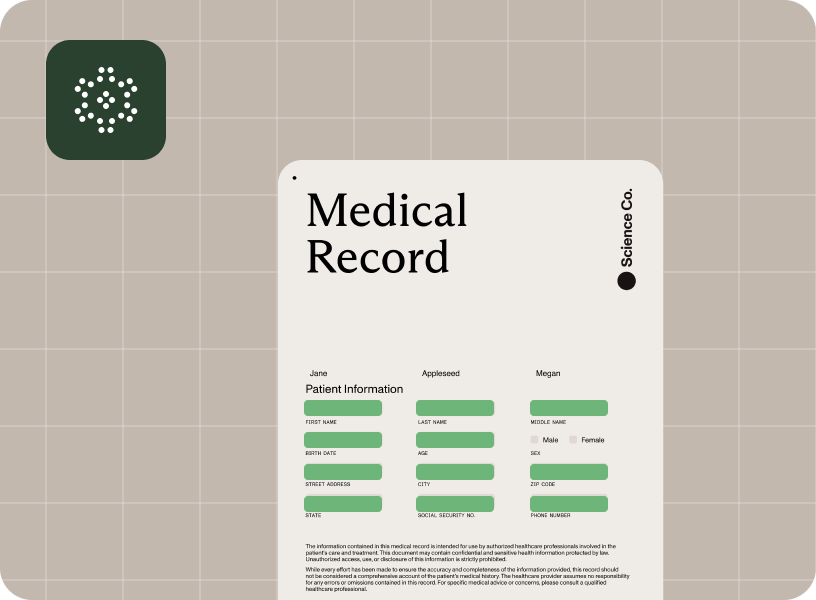
Automate the collection and processing of patient information, reducing wait times and improving data accuracy.
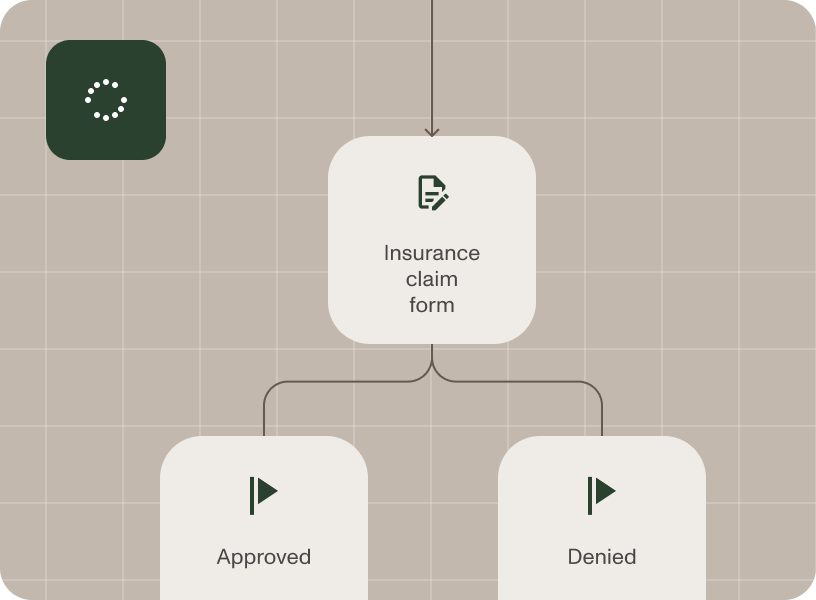
Streamline insurance claims, from submission to approval, minimizing delays and errors in processing.
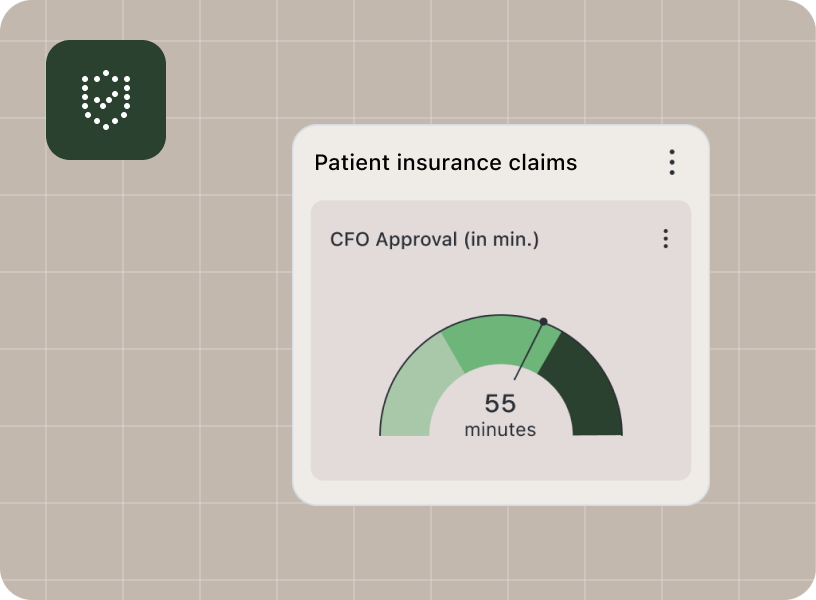
Ensure adherence to healthcare regulations by automating the tracking and documentation of compliance-related activities.
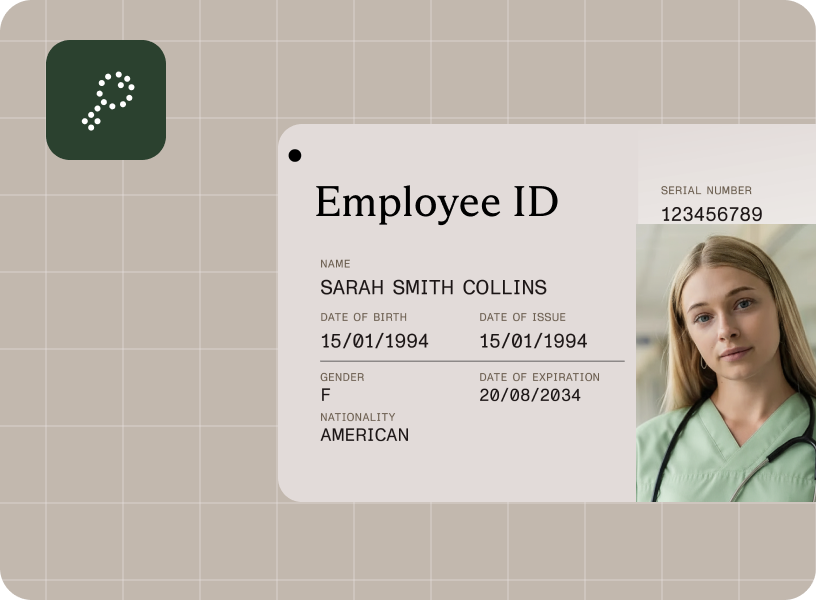
Simplify the credentialing process for healthcare professionals with automated document verification and approval workflows.
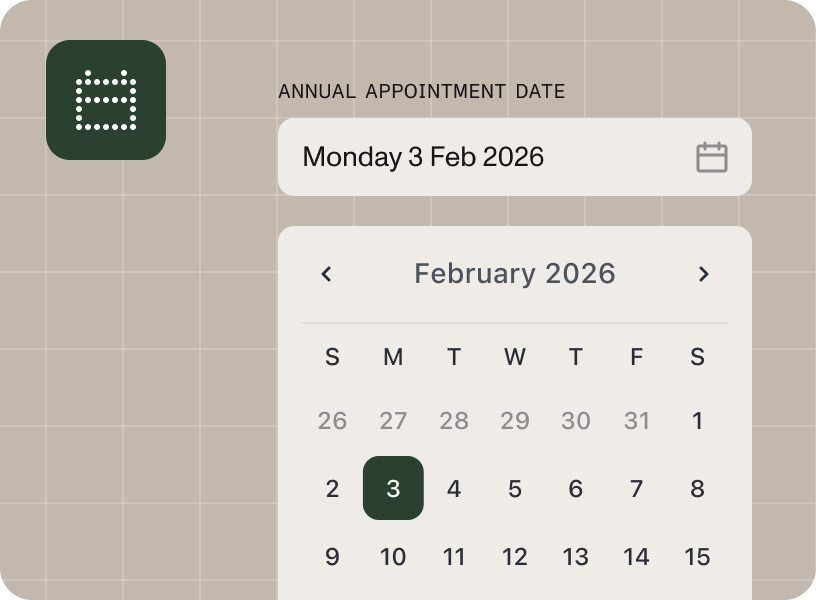
Automate scheduling and reminders for patient appointments, reducing no-shows and optimizing clinic operations.
PROVEN AT SCALE
Automated access requests hospital-wide — replacing outdated manual forms with secure, auditable workflows. Improved speed, accuracy, and visibility across HR, IT, and department managers, with finance workflows now in progress.
Automated new hire onboarding, cutting cycle times by 3–5 days. Now runs 25 processes across HR and IT, handling 400–500 monthly requests from 900 employees across 170+ clinics — with full visibility and centralized control.
Standardized and automated 15+ workflows — from procure-to-pay to product management — replacing 40-step manual processes with streamlined automation. Reduced errors, cut cycle times, and built compliance into everyday operations.
Workflow Automation integrates with your tech stack — including finance systems, procurement platforms, and approval tools — using APIs, webhooks, or SFTP. No extra middleware required.
Contact us today to find out how automated workflow management can help healthcare providers.
Pretty much anything that’s repetitive, approval-based, or buried in paper. Common examples include:
Nutrient is built with strict data protection in mind. You can restrict access by role, track every change, and store PHI securely — with encryption, redaction tools, and audit trails baked in. We help you check the HIPAA boxes without breaking a sweat.
Yes. Whether you’re automating frontline workflows (like discharge paperwork) or back office tasks (like billing approvals), Nutrient flexes to fit both. Everyone from the front desk to finance can benefit.
Yes. We don’t replace your EHR — we complement it. You can trigger workflows based on EHR data; push forms or updates back in; and connect with systems like Epic, Cerner, or Athena via API or secure webhooks.
Absolutely. Nurses, doctors, and administrative staff can access, complete, and approve workflows on any device — desktop, tablet, or phone. Perfect for fast-paced clinical environments.